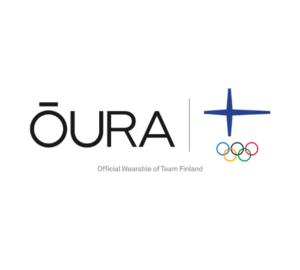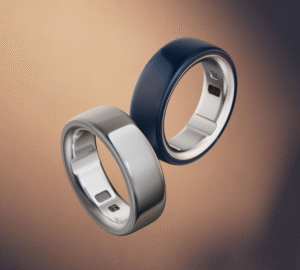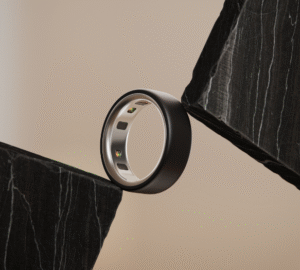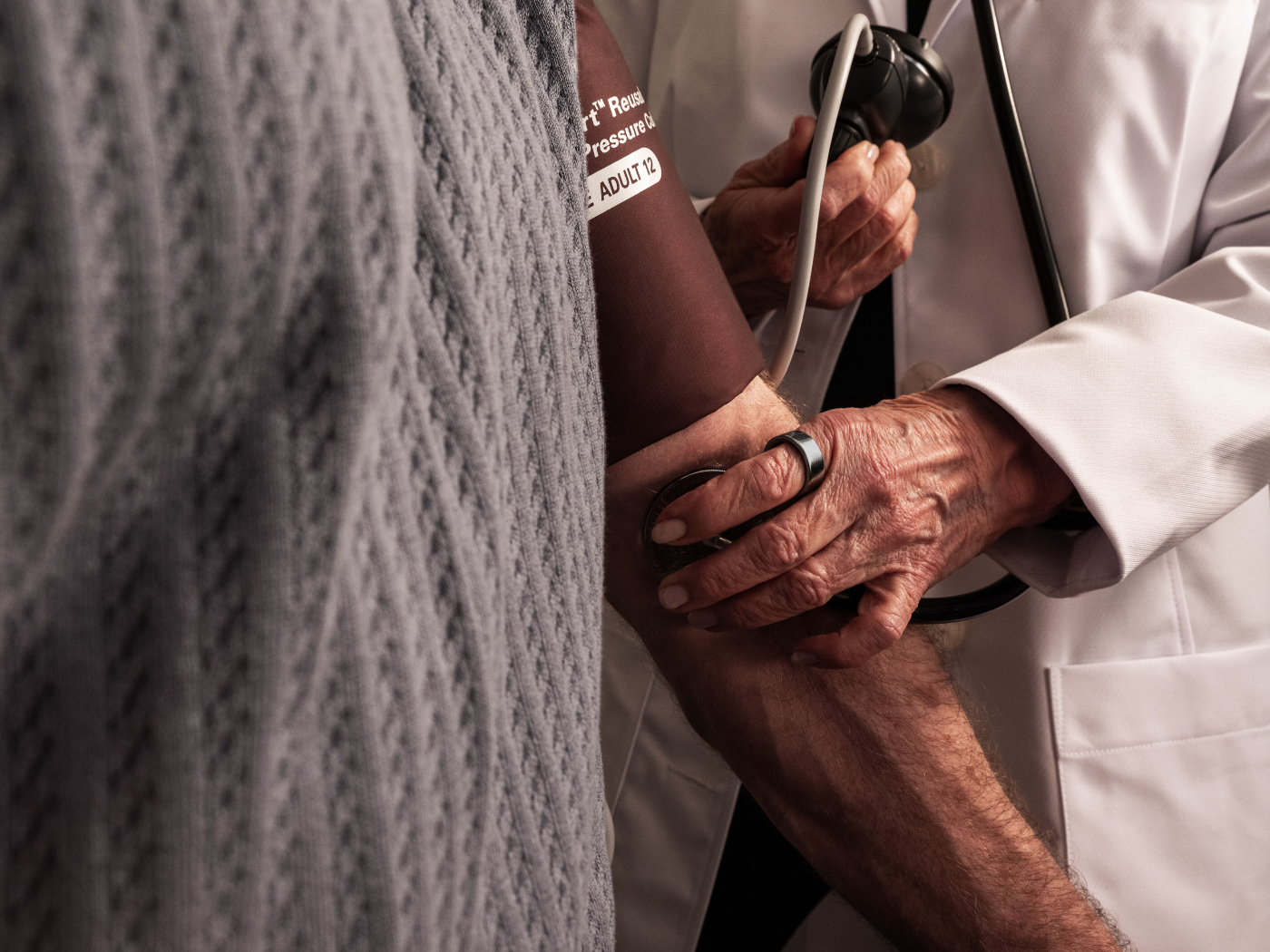At Oura, we aim to empower Oura Members to be the drivers of their own health journey.
Currently, 66% of millennials and 32% of older Americans rely on wearables to manage their health, yet much of the healthcare system still depends on outdated methods like fax machines to share medical information. The gap between the technology people use everyday and the infrastructure behind their care creates inefficiencies and missed opportunities for prevention and better outcomes especially for people with chronic illnesses and frequent interaction with the healthcare system.
Today, the Department of Health and Human Services (HHS) and the Centers for Medicare and Medicaid Services (CMS) unveiled a nationwide initiative to advance patient-centered care and remove administrative burdens. Participating companies, including Oura, agreed to help patients more easily access their health information from their doctors and use that information to actively engage in their own healthcare and build stronger relationships with their healthcare providers. We aim to advance the health and wellbeing of our members and all Americans.
Oura Members who choose to make their health data available to their clinicians, apps, and others in the healthcare ecosystem stand to benefit from this effort, which aims to improve interoperability across patients, providers, payors, and innovators. We maintain stringent privacy standards and empower members to control access to their data. In practice, this means that trusted apps – like Oura – can enable patients to see a holistic view of their health in one place versus having to piece together their health data across a number of systems and platforms.
Today, Oura committed to continue to invest in:
- A Conversational AI Assistant: Oura pledged to enable its conversational AI assistant to connect to Center for Medicare and Medicaid Services Aligned Networks or personal health record apps, and, if a patient consents, grant access to relevant patient-selected health information in support of personalized insights. We seek to provide clinical guidance, educational content, and offer assistance as appropriate to direct patients to professional care as needed.
- Diabetes and Obesity Prevention and Management: Oura pledged to connect —with patient consent—to Center for Medicare and Medicaid Services Aligned Networks or personal health record apps to securely access relevant patient-selected health data and deliver personalized support. We aim to provide tailored guidance, offer direct assistance as appropriate, and direct patients to professional care as needed.
“We seek to optimize individual treatment and care to create a more efficient and effective healthcare system,” said Tom Hale, CEO of Oura. “Our vision is to make health a daily practice. Making Oura interoperable with healthcare records unlocks more personalized care and delivers value to our members.”
Wearables as a Bridge to Better Care
Wearable technologies like Oura are powerful tools that can help bridge the gap between clinical care and everyday decisions. Wearable devices can enable more personalized, proactive, and preventive approaches to wellness by providing real-time insights that support:
- Chronic disease management: Objective physiological tracking, behavioral insights, and provider-sharing capabilities make Oura Ring a powerful self-management and care coordination tool.
- Healthy aging: Oura supports members across life stages with personalized data, prompts for healthy behaviors, and long-term trends in key biometrics.
- Early illness detection: The Symptom Radar feature at Oura flags subtle biomarker changes before symptoms appear, supporting faster interventions and reduced treatment costs.
Wearables offer an opportunity to reduce long-term healthcare costs by shifting the focus from reactive, late-stage treatment to proactive, early intervention and sustained wellness. Oura Members use data-driven insights to take better care of themselves: 48% of Oura members with chronic diseases are sharing or discussing their data with their healthcare providers. Oura’s population health framework outlines how continuous biometric data can help providers identify risk earlier, personalized care and improve overall health across diverse populations.
Privacy-First, and Always
At Oura, we’ve built our platform around privacy and data protection. The data we process around daily habits, reproductive health, and the quality of sleep is extremely personal and we will never share it without consent or a valid legal reason to do so. We encrypt Oura Member data and provide robust tools for managing permissions. We default to privacy, using data aggregation, pseudonymization, and anonymization. For any third-party data sharing, we require transparent opt-in and opt-out controls, the ability to revoke and delete data, and robust data rights controls and protections.
Looking Forward
We recognize the importance of this discussion and its potential to drive meaningful change in how individuals interact with the healthcare system. Solving the hardest challenges requires collaboration and decisive action. We look forward to advancing a more integrated and more effective healthcare ecosystem, with patients at the center. Above all, we will continually elevate the experience we deliver for Oura Members.











